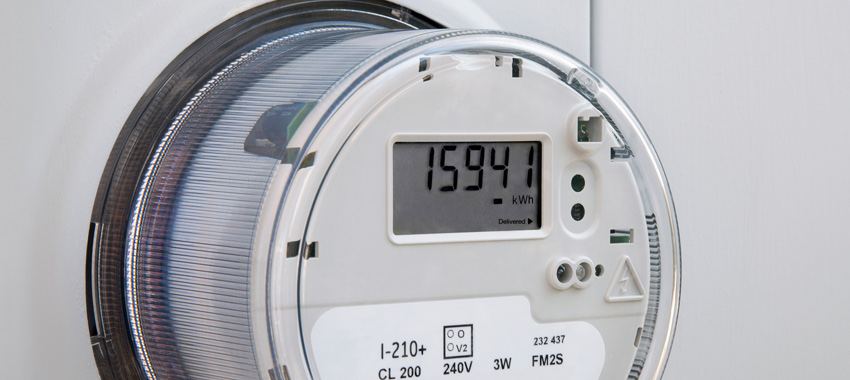When a consumer consumes a good or service it is a well-known fact that the price of such a good or service needs to be paid by the consumer. The same principle applies for electricity consumption. Therefore, all electricity related tariffs and charges are to be paid by the consumer.
When consumers make direct purchases of goods or services, the prices of these goods or services is generally made available or predetermined to the consumer beforehand. In case of a network industry the situation is slightly different. Electricity being a network industry, at the last point of the network, where the end consumer connects to the network is where the payment arises. However, to bring electricity to the doorstep of the consumer a set of extensive related activities needs to take place, which comprises of a sequence of nodes inter-connected into a network. Hence all the costs that incurred within the electricity network, need to be accounted for in determining the final price to be paid by the consumer. Following are the major component of the activities in the Network:
- Electricity Generation:
- Electricity Transmission:
- Electricity Distribution:
The cost of all industry activities is taken into account in determining electricity tariffs.
When the lectricity service provider themselves decide on the tariffs, there is a possibility that they may charge over and above the acutal incurred costs. On the other hand, if consumers are to decide on electricity tariffs, the tendency is to determine a proce lower than the actual costs incurred in the electricity, generation, transmission and distribution process. Therefore, tariff setting is a process which needs to be conducted in an independent manner. This is where regulation comes in to exsistence. It is the responsibility of the regulator to fix the electricity tariffs taking into account the interests of the consumer as well as the interest of the service provider.
The Section 30 of Sri Lanka Electricity Act No 20 of 2009 .
- Tariff is set by the relevant licensee in accordance with a cost reflective methodology approved by the Commission.
- Permit the relevant licensee to recover all reasonable cost incurred in the carrying out of the activities authorized by its license on an efficient basis.
- Be approved by the Commission in accordance with the policy guideline approved by the Cabinet of Ministers
Though the tariff sets by the license since they are more information rich than the regulator, it has to be done in line with the Tariffs methodology approved by the regulator.




